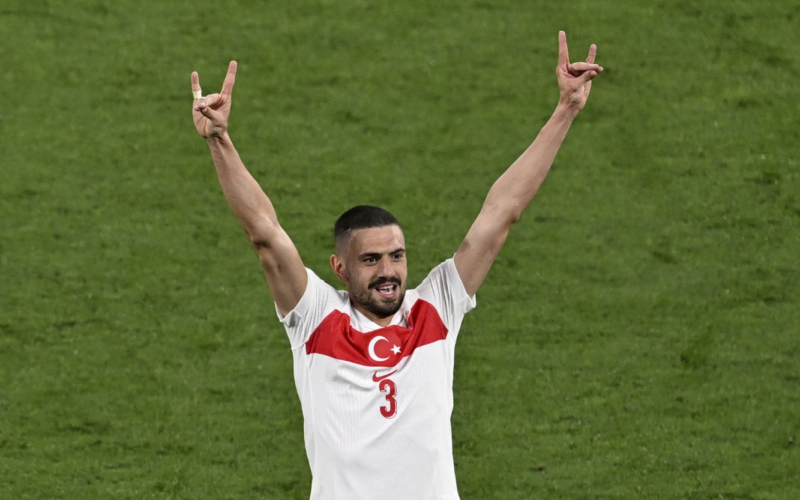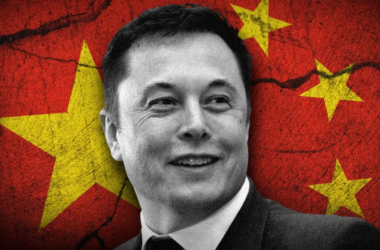Germany’s Foreign Ministry summoned Turkey’s ambassador, Ahmet Başar Şen, to explain the use of a controversial “wolf salute” by Turkish footballer Merih Demiral. The gesture, displayed during Demiral’s goal celebration at the European Championship, is associated with the Grey Wolves, a right-wing extremist group.
The incident has become a focal point of diplomatic friction between Berlin and Ankara, with Germany urging Turkey to prevent future occurrences of the gesture. The wolf salute, which symbolizes a nationalist and Islamist ideology, has stirred controversy and condemnation from German officials.
The German Foreign Ministry called in Ambassador Şen to address the use of the symbol, seeking assurances that measures would be taken to prevent its recurrence. The gesture has drawn criticism for its association with the Grey Wolves, a group linked to nationalist and extremist activities.
In response, Turkey summoned Germany’s ambassador in Ankara, accusing Berlin of xenophobia over its stance on the symbol. The Turkish government argued that the criticism was unfair and highlighted tensions surrounding the large Turkish diaspora in Germany.
The Grey Wolves, with a membership estimated between 18,500 and 20,000 in Germany, are classified as a significant right-wing extremist organization by the Federal Office for the Protection of the Constitution (BfV). While the group and its symbols are not banned in Germany, they are prohibited in neighboring Austria and France. The group’s ideology is marked by hardline nationalism and a history of involvement in terrorism and violent activities.
Merih Demiral made the wolf salute after scoring in Turkey’s 2-1 victory against Austria in the round of 16. The salute represents the head of a wolf, with specific finger placements symbolizing Turkish and Islamic identity.
Interior Minister Nancy Faeser condemned the use of the salute in a sports setting, stating, “To use the football championships as a platform for racism is completely unacceptable.” Faeser called on UEFA, the European football governing body, to investigate and consider sanctions against the Turkish team.
UEFA announced an investigation into the incident but had yet to reach a decision by Thursday afternoon.
Amid the diplomatic fallout, Turkish President Recep Tayyip Erdoğan adjusted his travel plans to include a stop in Berlin before attending the national team’s quarter-final match against the Netherlands in Azerbaijan. Erdoğan expressed his intention to support the team and respond to the controversy surrounding Demiral’s gesture.
The wolf salute, as explained by Grey Wolves founder Alparslan Türkeş, represents a vision of Turkish-Islamic dominance. The salute’s use in public and by prominent figures has sparked debates about nationalism and extremism in modern contexts.
Merih Demiral, in defending his actions, emphasized that the gesture was a personal expression of pride in his Turkish identity. “I was very happy to have scored two goals. How I celebrated has something to do with my Turkish identity,” Demiral stated. He denied any hidden message behind the gesture, describing it as a spontaneous celebration of his heritage.
The incident involving the wolf salute has highlighted ongoing tensions between Germany and Turkey regarding symbols associated with nationalism and extremism. As diplomatic exchanges continue, the focus remains on how to balance cultural expressions with the need to address and condemn extremist ideologies.








